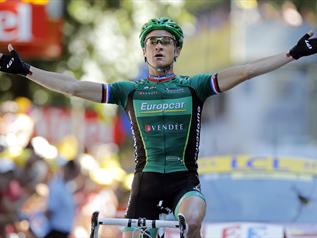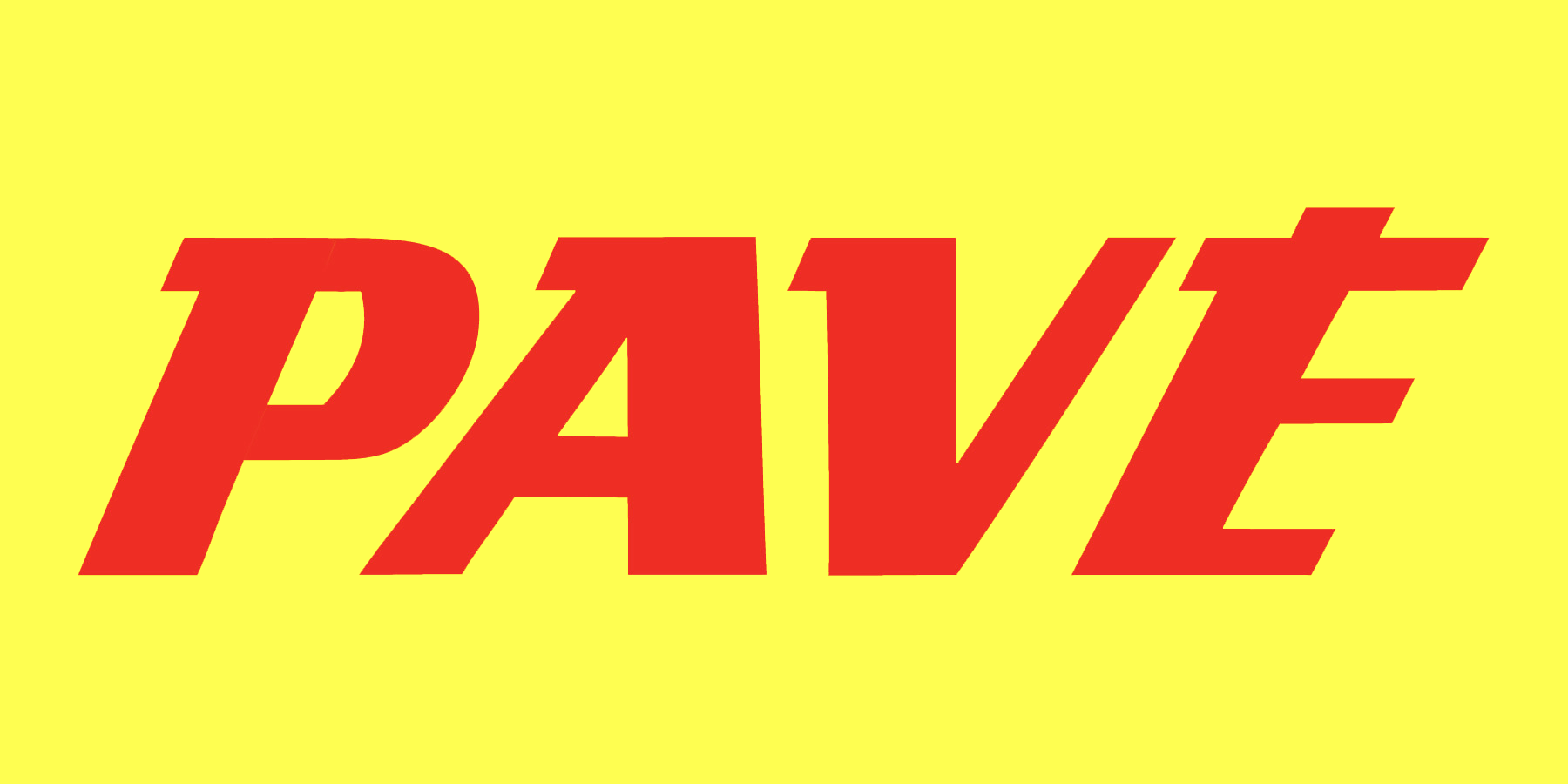
Photo courtesy of Team Europcar
The 2011 Tour de France was animated by Thomas Voeckler’s valiant attempts to cling to the Yellow Jersey he acquired during Stage 9. Leaving behind their luckless breakaway companions, Voeckler placed second in the stage to Luis Leon Sanchez. This gave him enough of a time buffer to fight, tooth and nail, for the next 10 stages, only to cede it – and his spot on the podium – following Stage 19.
Yet Stage 19 wasn’t a total loss for his Europcar team, who won the stage on the slopes of Alpe d’Huez with an impressive performance by Pierre Rolland. This put Rolland in the White Jersey of Best Young Rider for the rest of the race. Voeckler went on to finish the Tour in fourth-place overall, matching the position achieved by France’s last top-5 finisher: Christophe Moreau in 2000.
In this year’s Tour, Europcar has already won an impressive three stages – one by Rolland, and a pair by Voeckler. Rolland appears poised to finish in the top-10, and while Voeckler is currently hovering just outside of the top-20, he’s locked in a battle with Fredrick Kessiakoff for the mountains classification.
In 2011, for 10 days in yellow, a stage win, and the Maillot Blanc, Europcar received 0 UCI points.
So far in 2012, for at least three stage wins and a possible top-10 overall finish, Europcar will receive 0 UCI points.
How, you may ask, is this possible? The answer is simple: the split between the Continental and World Tours. In a World Tour race, World Tour teams can earn World Ranking points. Wildcard entries (i.e., Pro Contentintal teams) can’t – they’re not part of the World Tour, and can’t receive World Ranking points. Let me stop you before you wonder if there’s an alternate scale by which they receive UCI points – there isn’t. At least, not formally.
It’s all been discussed before, in a far better explanation than I am capable of. The UCI evaluates teams for World Tour status using a mélange of criteria beyond points.  A stage win by a Peter Sagan clearly gives him – and Liquigas, should he remain there next year – 20 points. A stage win by Pierre Rolland? Unknown. Europcar is instead left in the dark, and can only hope that the “sporting criteria” utilized by the UCI properly credits him and his team.
The calculation of the sporting criteria isn’t public. The UCI sausage factory takes in whatever scraps – points, rider age and nationality, public perception – they deem worthy, churn them together, and spit out an ordered list, 1 to 20, of how teams stack up. 1 through 15 are in, and three teams from 16 through 20 are selected based on…some additional criteria. We don’t know exactly how teams achieve their rankings, and we don’t know how a team goes from being one of the bottom five to being one of the three selected. Even if we knew the criteria used to select 2012’s World Tour roster, we don’t know what will be used next year. Current rankings, according to @inrng, may incorporate some sort of “youth” ranking that benefits young talent. Rolland’s stage win, at 25, may matter more than Voeckler’s pair at 33. Or maybe not. Confused? So are the teams. Imagine being Jean-René Bernaudeau talking to potential sponsors for 2013.
Will you be in the World Tour?
Um… Maybe?
It’s a system that keeps those seeking to move up entirely in the dark about where they stand. It’s unfair to the riders, unfair to the teams, unfair to the fans, and seems to do little but reinforce the hegemony of the UCI.
For Europcar, the situation probably isn’t all that dire. As animators of the Tour two years running, and a top tier French team, their wildcard entry to next year’s race is all but guaranteed. But there are other races for which their invitations may not be a given, to say nothing of the prestige of being a World Tour team. I suspect they’ll be granted World Tour status for 2013 – though the details of how they got there are sure to be a mystery.
* http://www.youtube.com/watch?v=0MRmxfLuNto
Follow Jeremy on Twitter at @jeremyrauch
